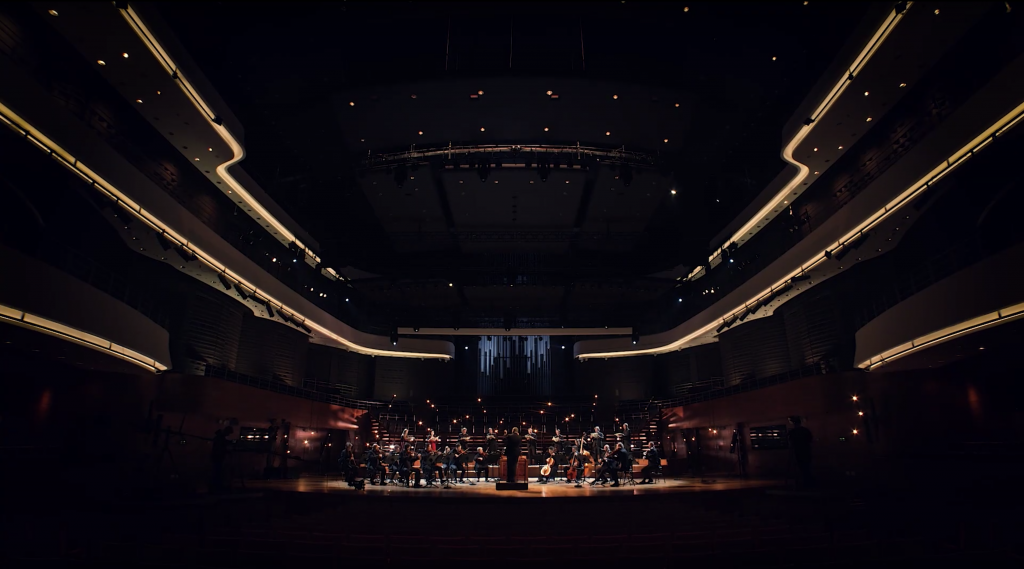Polyharmonique
Ensemble Polyharmonique is a collective of vocal soloists with a focus on vocal music of the Renaissance and Baroque periods.
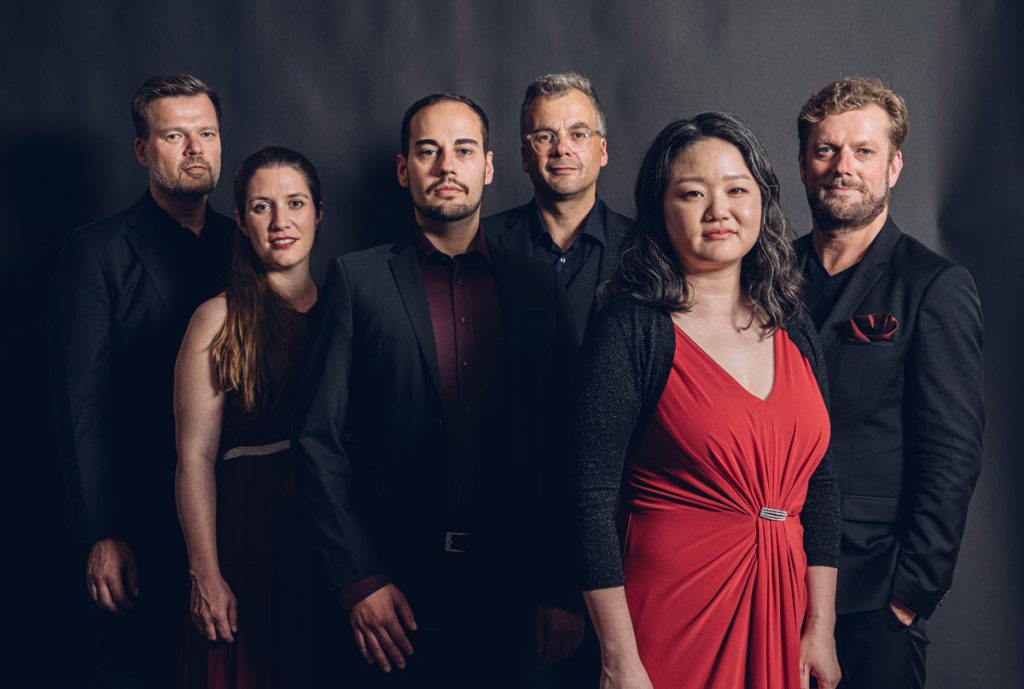
Ensemble Polyharmonique is a collective of singers from the versatile EARLY MUSIC scene of Europe. The vocal music of the Renaissance and the Baroque era form the core repertoire of the ensemble. Taking historical performance practice into account, the ensemble combines ideas from German and Franco-Flemish vocal culture to lively poetic interpretations. The basic ensemble includes 6 vocal soloists a cappella or accompanied by the basso continuo and can vary depending on the programme (4-16 singers).
— Read more
Invitations to festivals all over Europe speak for the international appreciation of Ensemble Polyharmonique. These include the Musikfest ION Nuremberg, Festival Oude Muziek Utrecht, the Bachfest Leipzig, Meer Stemmig Gent, Musica Divina Mechelen, Les Nuits de Septembre Liège, the Trigonale Klagenfurt, the Thüringer Bachwochen, the Händelfestspiele Halle, the Tage der Alten Musik Regensburg, the Heinrich Schütz Musikfest, the Köthener Bachfesttage and many more.
For the repertoire with instrumental accompaniment, such as the oratorios, masses and cantatas by J.S. Bach, Dieterich Buxtehude’s Membra Jesu nostri, Claudio Monteverdi’s Vespers or the Messiah by G.F. Händel, renowned baroque orchestras could be won as partners, among them the Akademie für Alte Musik Berlin, das Wrocław Baroque Orchestra, the Freiburg Baroque Orchestra, Holland Baroque, L’arpa festante, Arte dei Suonatori, {oh!} Orkiestra from Katowice and the La Folia Barockorchester.
In addition to the well-known repertoire of EARLY MUSIC, the Ensemble Polyharmonique is dedicated to discovering unknown works of the 17th and 18th centuries.
The Ensemble Polyharmonique consists of renowned experts in 17th and 18th-century music. Together with the music dramaturge Dr. Oliver Geisler, it developed the idea of interpreting Heinrich Schütz’ Auferstehungshistorie in a contemporary manner, staging it as a music film. Encouraged by Schütz’ own phrase, “…das Werck für die Hand zu nehmen…“ (…to take the work in hand), they have found an entirely new approach to this baroque masterwork: today’s viewers are confronted with the ways they deal with doubt, hope, consolation, fear and unbridled happiness. (link)
In March 2023, the accompanying soundtrack “Historia der Auferstehung Christi – SWV 50” by Heinrich Schütz (1585-1672) was published by accentus music.
FILM HOMEPAGE
RESURRECTION — THE MOVIE
A Film Tale about Love, Faith and the Incomprehensible with Music by Heinrich Schütz.
THE FILM CAN NOW BE SEEN IN FULL LENGTH
ON THE WEBSITE https://auferstehung.polyharmonique.eu/en/.
Find out more on our movie homepage, showing further informations, images, cast and behind the scenes video.
NEW RECORDING
Heinrich Schütz — Auferstehungshistorie
The first oratorio work by Heinrich Schütz impressively captures the unspeakable and mysterious nature of the idea of resurrection in music.
Ensemble Voices
photographs — www.liviahanson.com
Johannes Gaubitz
Tenore
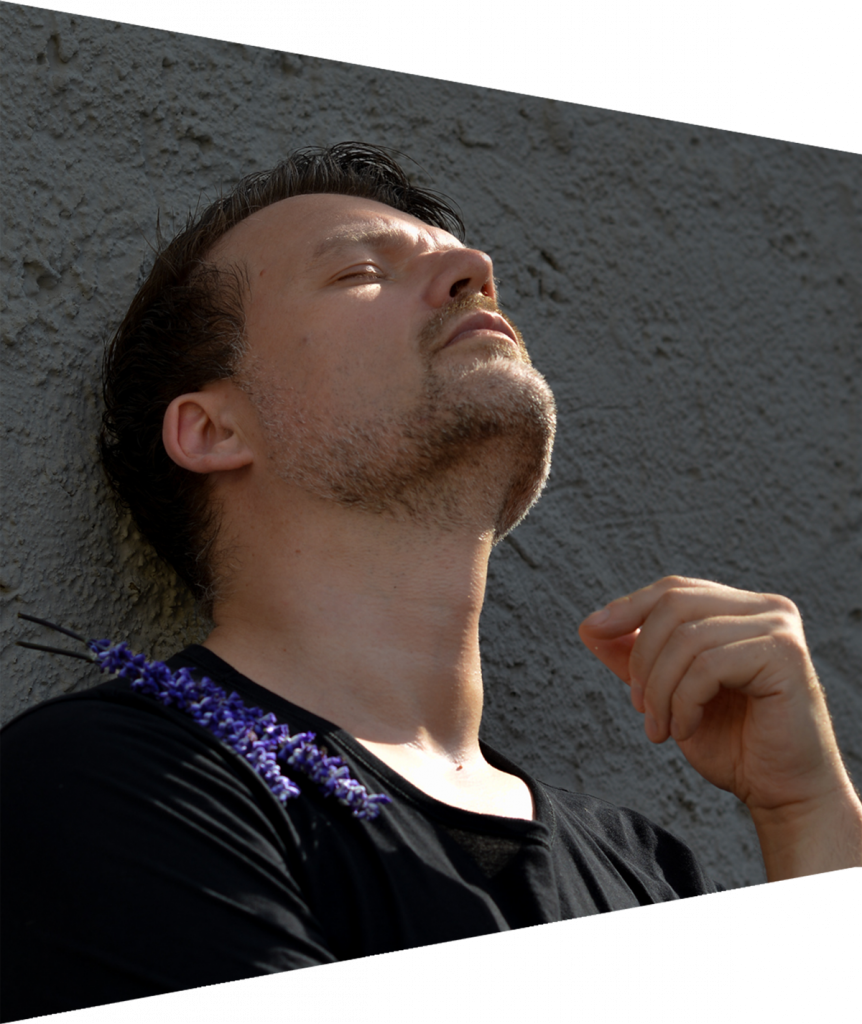
„It is a joy to form music in a soloist ensemble with like-minded people and thus perhaps come closer to the composer’s intention.“
Tenor Johannes Gaubitz began his musical training at the age of 8 with the Windsbach Boys’ Choir.
He then went on to study singing with Prof Dorothea Wirtz at the Freiburg i. Br. University of Music, which he completed with honours as a private student of Prof Matthias Goerne at the Lübeck University of Music.
— Read more
Since then, he has mainly been active as a freelance concert singer and has sung under conductors such as Hans-Michael Beuerle, Alexander Joel, Joseph Trafton, Carlos Dominguez-Nieto, Thomas Hengelbrock, Rene Jacobs, Rolf Beck, Achim Zimmermann, Kai-Uwe Jirka, Philipp Ahmann, Frieder Bernius and Philippe Herreweghe.
He regularly collaborates with the Hamburg Symphony Orchestra, the Hamburg Camerata, Elbipolis Barockorchester Hamburg, Barockorchester Göttingen, Leipziger Barockorchester, Staatskapelle Eisenach, Philharmonie Südwestfalen, Südwestdeutsche Philharmonie Konstanz, Streicherakademie Bozen, Akademie für Alte Musik Berlin and the Lautten Compagney Berlin.
He has performed at venues including the Laeiszhalle Hamburg, the Munich Philharmonie, the Gustav Mahler Hall in Toblach, the Teatro Comunale Città di Vicenza, the Cathédrale d’Antibes, the Muziekgebouw aan ‘t IJ Amsterdam and the Tokyo Opera City Concert Hall.
In addition to his concert activities, he is particularly interested in art song. This is evidenced by his Master’s degree in Lied interpretation at the Hamburg University of Music and Theatre under Prof. Burkhard Kehring as well as numerous recitals and masterclasses.
Johannes Gaubitz made his debut at the Braunschweig State Theatre in 2008 as the 2nd Noble in Wagner’s Lohengrin. This was followed by the role of Spatz in Richard Ayre’s opera The cricket recovers. Scenic productions of J.S. Bach’s St John Passion took him to the Osnabrück Theatre and Berlin Cathedral.
Here he also appeared in a staged production of J.S. Bach’s Christmas Oratorio under Christoph Hagel and the Berlin Symphony Orchestra, which attracted national attention.
Johannes Gaubitz is a prizewinner of the international singing competition of the Rheinsberg Castle Chamber Opera.
He has been coached by Berlin vocal pedagogue Sami Kustaloglu since 2015.
Joowon Chung
Soprano
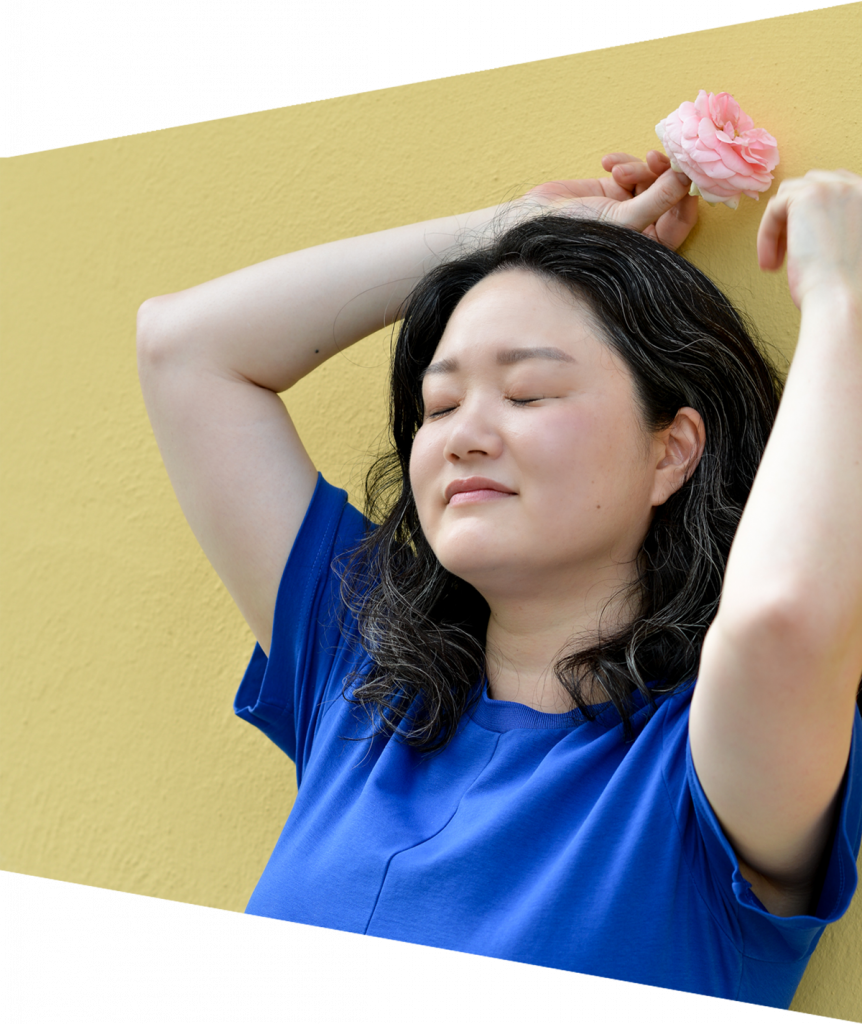
„I sang in a children’s choir for seven years. This experience changed my life. I love singing and beautiful music – now I’m a singer.“
Joowon Chung discovered her love of singing as a child. After attending a school with an artistic profile, she began studying singing at Seoul National University with Hyunju Yoon. In Germany, the young soprano continued her studies at the Hochschule für Musik “Carl Maria von Weber” Dresden. There she attended the classes of Prof Christiane Hossfeld and Prof Christine Hesse.
— Read more
In 2011, her interest in Baroque music led her to the Early Music Department at the Felix Mendelssohn Bartholdy Academy of Music in Leipzig. There she attended the masterclass with Gundula Anders, which she completed in February 2016. In masterclasses with Emma Kirby and Dorothee Mields, she received important impulses for singing in historical performance practice.
Joowon Chung has performed at the Leipzig Bach Festival, the Mendelssohn Festival Leipzig, the Erzgebirge Music Festival, the Handel Festival Göttingen, the Festival Musicale Estense in Modena, the Bachakademie Stuttgart, the Thüringer Bachwoche, the Handel Festival in Halle, the Heinrich Schützfest, the Tage Alte Musik Regensburg, the Utrecht Early Music Festival and many others. She has performed as a soloist with the Vienna Boys’ Choir, the Bach Consort Vienna, the LaFolia Baroque Orchestra, the Michaelis Consort, the Camerata Bachiensis, the Ensemble La Festa Musicale, the Ensemble Holland Baroque, the Akademie für Alte Musik Berlin and the Gächinger Kantorei. In addition, her love of ensemble singing has led to regular appearances with renowned ensembles such as the Collegium Vocale Gent, the Gesualdo Consort and the Ensemble Polyharmonique. In 2013, she won first prize at the cantateBach! international singing competition in Greifswald.
Matthias Lutze
Basso
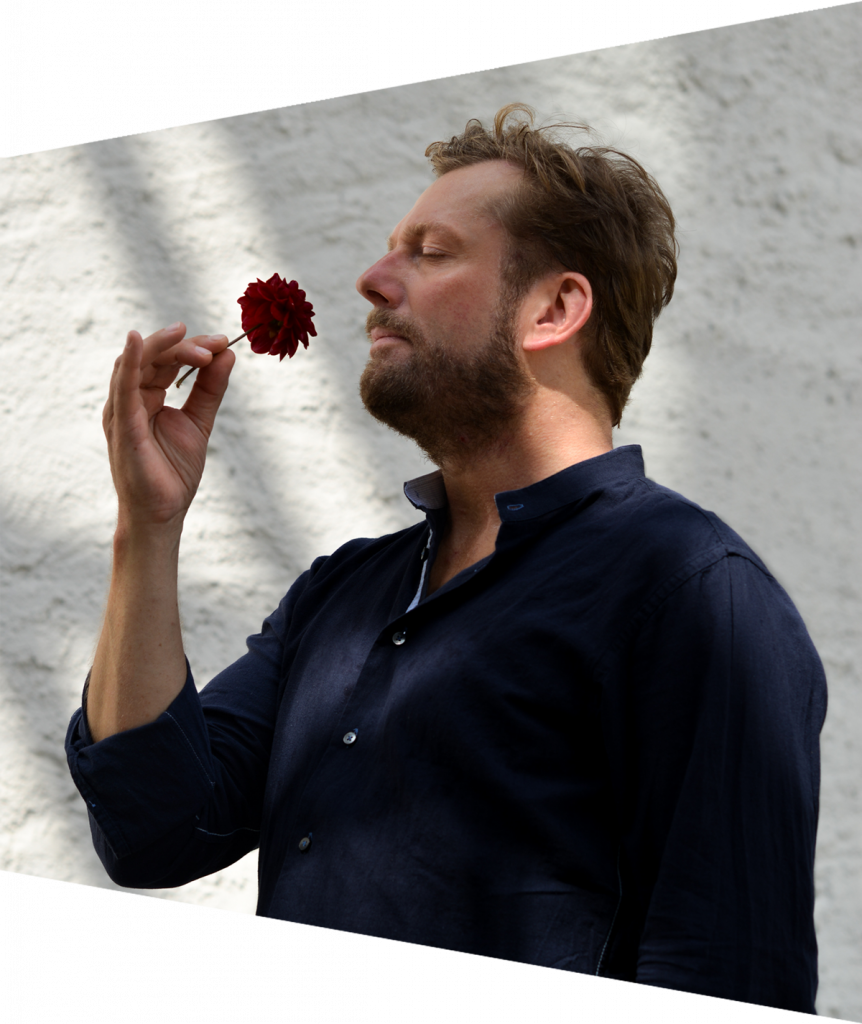
„Sometimes there is this 100% feeling that you really are one as an ensemble. Not only the voices merge, but also the text and the emotions. A wonderful ecstasy!“
The bass-baritone received his first musical training in the Dresdner Kreuzchor and the Windsbacher Knabenchor. He studied singing at the Dresden Carl Maria von Weber Academy of Music with Christiane Junghanns and Olaf Bär. He also received important impulses from Charlotte Lehmann, Norman Shetler and Peter Kooij.
— Read more
Matthias Lutze performs with renowned ensembles such as the Collegium Vocale Gent, the RIAS Chamber Choir, the Lauttencompagney Berlin, the Cappella Amsterdam, the Batzdorfer Hofkapelle, the Dresdner Kammerchor, the Capella de la Torre, the Akademie für Alte Musik Berlin, the Budapest Festival Orchestra, Cantus Thuringia and the BLINDMAN collectief.
He is a regular guest at major music festivals such as the Handel Festival in Halle, the Bach Festival in Potsdam, the Leipzig Bach Festival, the Festival de Saintes, the Dresden Music Festival, the Stuttgart Music Festival, the Prague Spring Festival and the Heinrich Schütz Music Festival.
He has sung under conductors such as Philippe Herreweghe, Hans-Christoph Rademann, Wolfgang Katschner, Roderich Kreile, Daniel Reuss, Marcus Creed, Iván Fischer, James Wood, Paul Dombrecht and Helmuth Rilling and has participated in highly acclaimed CD and radio recordings.
Christopher Renz
Tenore
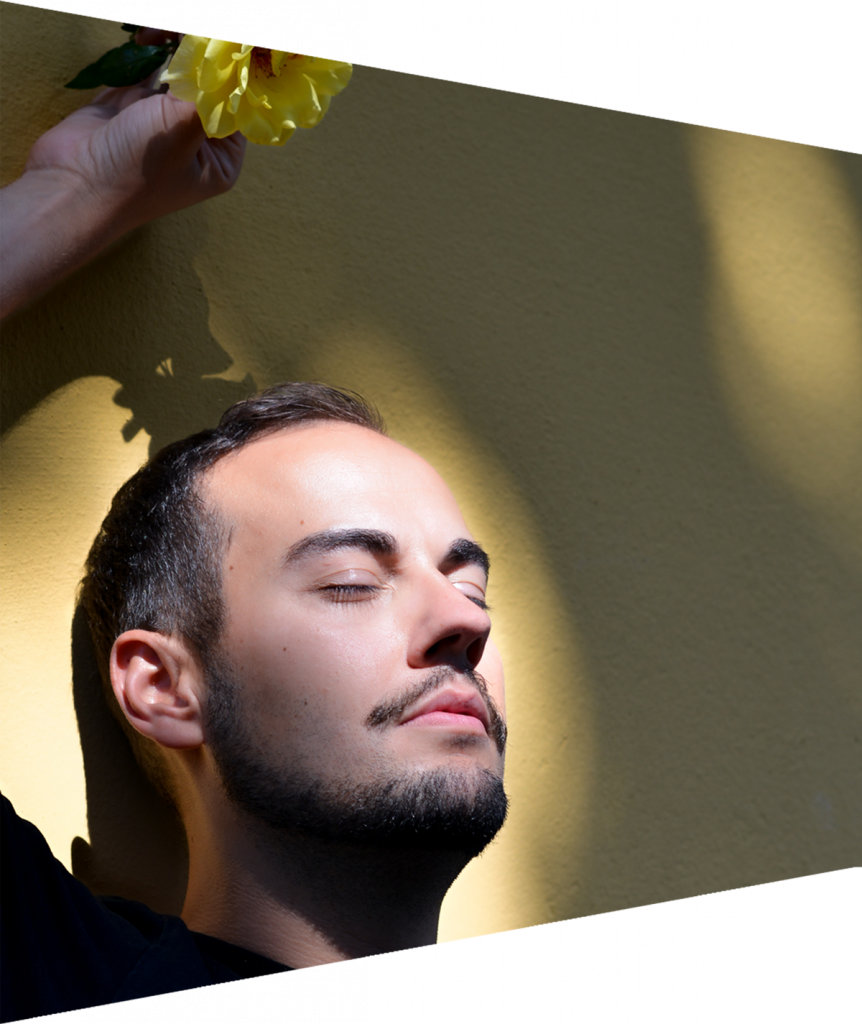
„Sounding together and individually – two apparent opposites that, when fused together, give ensemble music the energy that creates something extraordinary and unique. An incomparable feeling!“
Die sängerische Laufbahn des in Dresden geborenen lyrischen Tenors Christopher Renz entsponn sich bereits mit acht Jahren, als Mitglied des international renommierten Dresdner Kreuzchores. Direkt mit Ende der Schulausbildung begann neben der Gründung eines eigenen Männerchorensembles die Zusammenarbeit mit lokal als auch international wirkenden Ensembles wie dem Dresdner Kammerchor.
— Read more
After studying singing in Dresden and Leipzig with Prof. Trappe-Wiel and Prof. Werner-Dietrich, Christopher Renz gained further experience on stage, in musical theatre and in lieder. He performed the main role of Thyrsis in Pastorello “Ein verliebtes Schäferspiel”, a rediscovered chamber opera by the Königsberg baroque composer Johann Sebastiani. Lieder recitals and concerts in central Germany have formed the basis of his work for many years. He was also a long-standing scholarship holder of Yehudi Menuhin Live Music Now, an association that promotes dialogue between classical music and social work.
He has a particular passion for baroque music, especially the works of the world-famous composer Johann Sebastian Bach. The rich collection of cantatas, oratorios and passions form the centre of his repertoire, concentrated around the idea of historically informed performance practice. He has been a regular member of the ensemble as well as a soloist at the International Bach Academy Stuttgart for several years, with numerous concerts throughout Germany and regular tours worldwide, in addition to various audio and video productions. He also works in the Netherlands with the Dutch Bach Association for concerts and television recordings.
But he is also inspired by modern music and its experimental possibilities of expression – he has already performed several times with AuditivVokal Dresden, a central ensemble for contemporary vocal music throughout Germany.
In 2022, he made the first recording of the “Parnassus Flowers” on CD with the soloist collective Ælbgut to mark the 400th anniversary of Johann Sebastiani’s birth.
Alexander Schneider
Primus Inter Pares & Alto
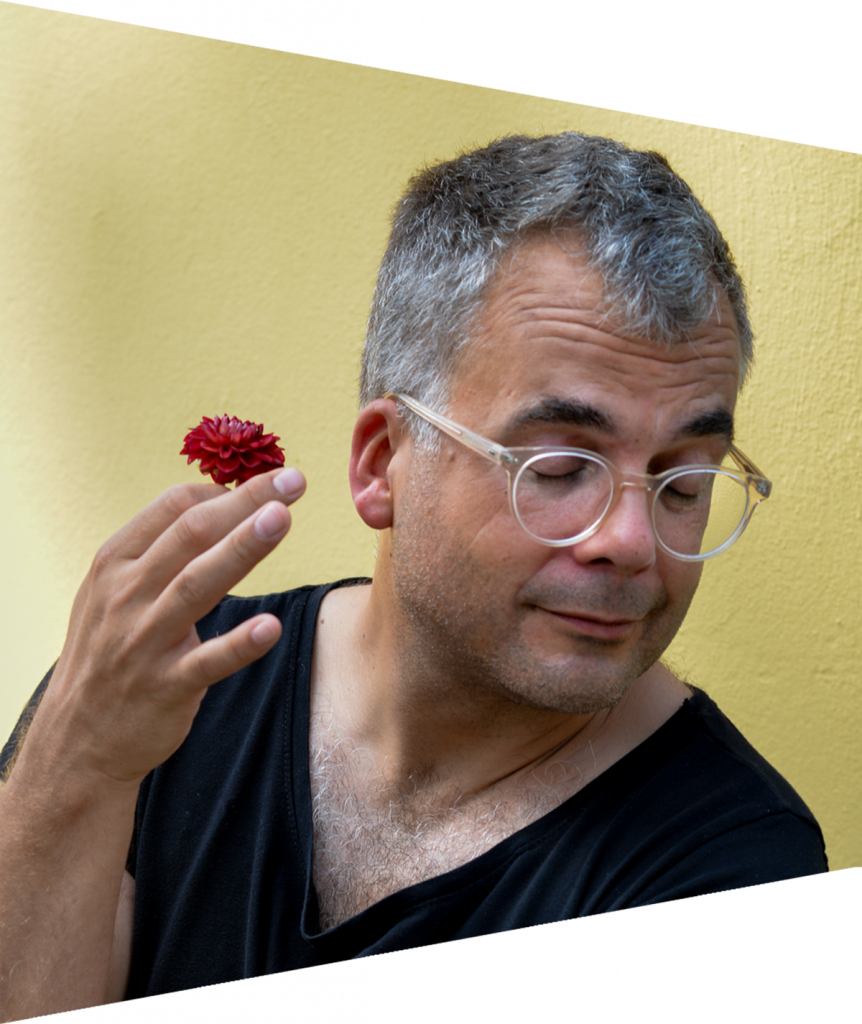
„The harmony of the 17th century in mean-tone tuning is a universe of clarity.“
Alexander Schneider was born in Frankenberg/Saxony. He was a member of the Dresden Kreuzchor from 1987 to 1996 before studying with Peter Herrmann at the Hanns Eisler Academy of Music in Berlin. He completed his studies in singing and pedagogy in 2004. He attended masterclasses with David Cordier, Jeffrey Gall and Peter Kooij and won the “Musica Antiqua” competition in Bruges in 2002.
— Read more
Conductors such as Philipp Herreweghe, Raphaël Pichon, Václav Luks, René Jacobs, Kristian Jaervi, Stephen Stubbs, Ludger Rémy, Howard Arman, Joshua Rifkin, Philippe Pierlot, Martin Haselböck, Marcus Creed, Hans Chr. Rademann and Konrad Junghänel have worked with him.
Numerous CD recordings document this work.
As an opera singer, he has appeared at the Heidelberg Theatre, Leipzig Opera, Goethe Theatre Bad Lauchstädt, Potsdam Palace Theatre (Neues Palais) and Gera Theatre and was Oberon in Britten’s “A Midsummer Night’s Dream” at Lucerne Theatre.
He sang “Mozart” in the international premiere of Daniel Schnyder’s jazz opera “Casanova” in Gstaad/Switzerland and New York City/USA.
He founded the soloist collective Polyharmonique to realise projects with vocal music of the late Renaissance and Baroque in concerts and CD recordings.
Alexander Schneider is increasingly appearing as a conductor. He conducts the Amicantus Choir (Province of Limburg/Belgium) and gives courses for choral singers at the Alden Biesen Summer Academy.
Magdalene Harer
Soprano
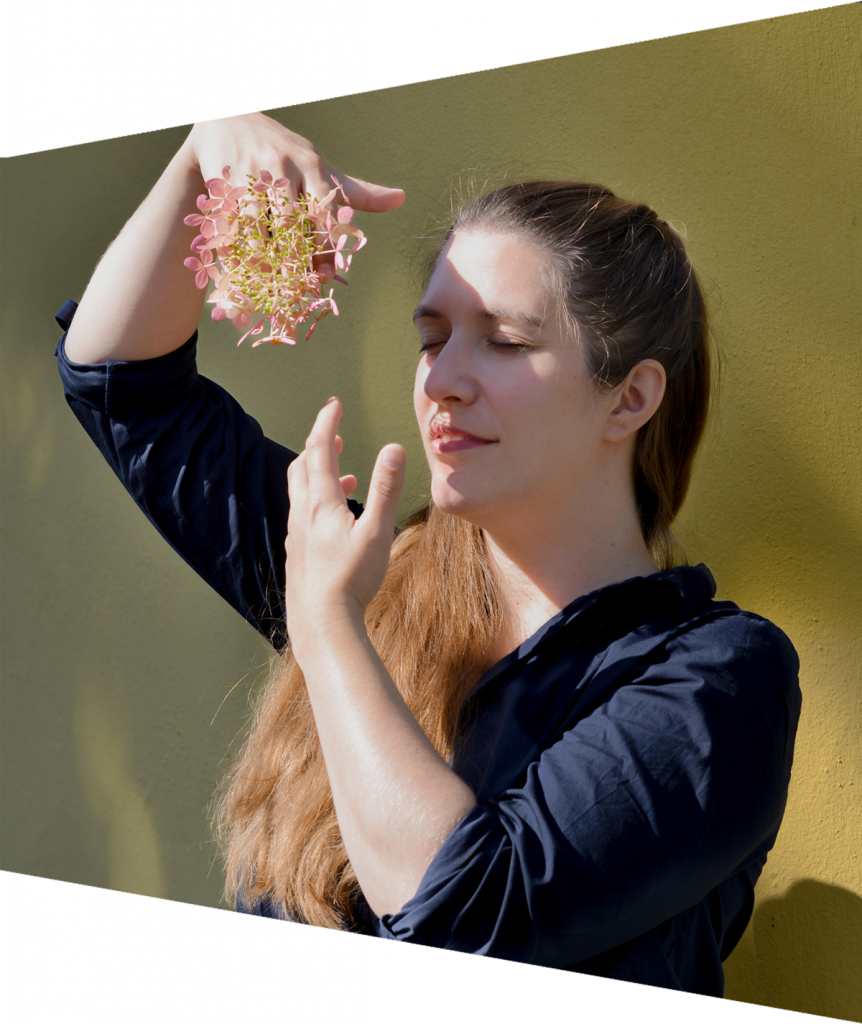
„I love singing early music. I think I understand its language, I love the rhetorical devices and I can’t escape the pull it exerts on me.“
Magdalene Harer studied singing at the Detmold University of Music under Professor Sabine Ritterbusch and graduated with honours in 2010. In 2015, she also completed her studies in the solo class/concert exam at the Hanover University of Music, Drama and Media.
— Read more
She has been in demand as a concert soloist for many years and can be heard throughout Germany in major oratorios.
Another focus of her work is ensemble singing. She sings in the Collegium Vocale Gent, the Ensemble Polyharmonique, the Huelgas Ensemble and the RIAS Chamber Choir, among others. She works closely with conductor Konrad Junghänel and is a member of his solo vocal ensemble Cantus Cölln.
Magdalene Harer has given concerts in many European countries, Israel and the USA and has performed with orchestras such as Concerto Köln, the Hannoversche Hofkapelle, the Göttinger Barockorchester, the Ensemble La Festa Musicale, the baroque orchestra L’Arco, the Lautten Compagney, the Ensemble Schirokko, the Nordwestdeutsche Philharmonie, the Göttinger Symphonieorchester, the Neue Philharmonie Westfalen, the Neue Düsseldorfer Hofmusik and the Münchener Kammerorchester.
Newsletter
Three to four times a year we will inform you about our
work in progress and invite you to our concerts.
